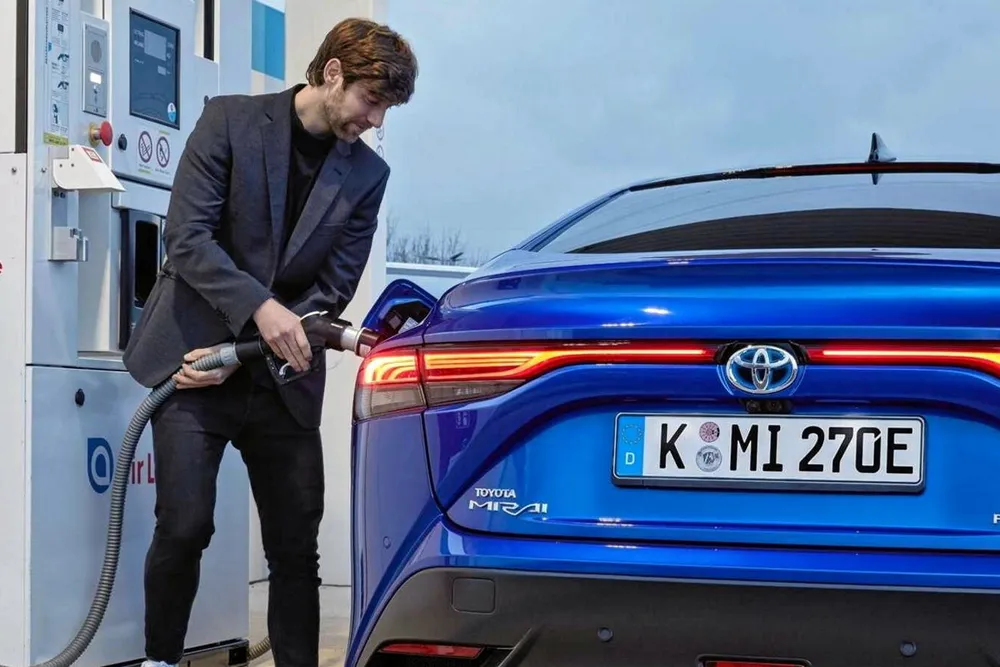'Absurd and pointless' | 'Stop pumping hundreds of millions of euros into hydrogen subsidies for cars'
German taxpayers' federation calls on Berlin to 'completely and immediately end' financial support at all government levels

German taxpayers' federation calls on Berlin to 'completely and immediately end' financial support at all government levels
